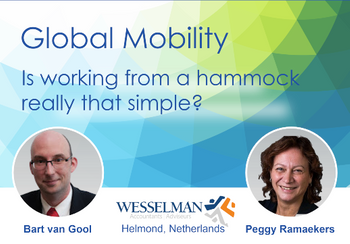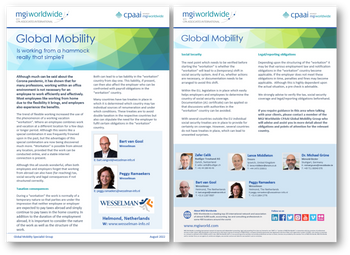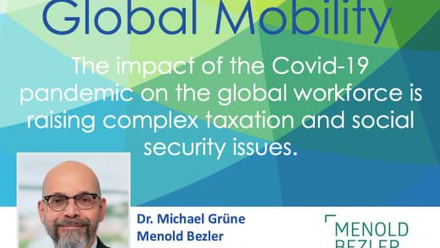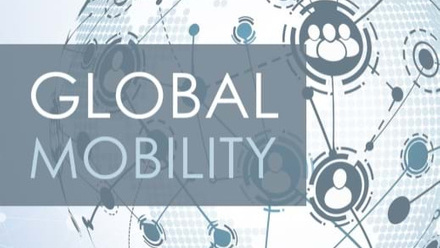Is working from a hammock really that simple?

Although much can be said about the Corona pandemic, it has shown that for many professions, working within an office environment is not necessary for an employee to work efficiently and effectively. Most employees like working from home due to the flexibility it brings, and employers also experience the benefits.
The trend of flexible working increased the use of the phenomenon of a working vacation “workation”. Where an employee combines work and vacation at a different location for a few days or longer period. Although this seems like a special combination it was frequently frowned upon in the past, but the advantages of this special combination are now being discovered much more. “Workation” is possible from almost any location, provided that the work can be conducted online, and a stable internet connection is present.
Although this all sounds wonderful, often both employees and employers forget that working from abroad can also have (far-reaching) tax, social security and legal consequences if not structured correctly.
Taxation consequences
During a “workation” the work is normally of a temporary nature so that parties are under the impression that neither employee or employer are expected to pay taxes abroad and simply continue to pay taxes in the home country.
In addition to the duration of the employment abroad, it is important to consider the nature of the work as well as the structure of the work. Both can lead to a tax liability in the “workation” country from day one. This liability, if present, can then also affect the employer who can be confronted with payroll obligations in the “workation” country.
Many countries have tax treaties in place in which it is determined which country may tax individual sources of renumeration and under which conditions. These treaties are to avoid double taxation in the respective countries but also can stipulate the need for the employer to fulfil certain obligations in the “workation” country.

Social Security
The next point which needs to be verified before starting the “workation” is whether the “workation” will lead to a (temporary) shift in social security system. And if so, whether actions are necessary, or documentation needs to be arranged to avoid this shift.
Within the EU, legislation is in place which easily helps employers and employees to determine the country of social security coverage. Documentation (A1 certificate) can be applied so that discussions with authorities in the “workation” country can be avoided.
With several countries outside the EU individual social security treaties are in place to provide for certainty on coverage. However, several countries do not have treaties in place, which can lead to unwanted surprises.
Legal/reporting obligations
Depending upon the structuring of the “workation” it may be that various employment law and notification obligations in the “workation” country become applicable. If the employer does not meet these obligations in time, penalties and fines may become applicable. Although this is highly dependent upon the actual situation, a pre check is advisable.
We strongly advise to verify the tax, social security coverage and legal/reporting obligations beforehand.
If you require guidance in this area when talking with your clients, please contact a member of the MGI Worldwide CPAAI Global Mobility Group who will advise and assist you in more detail about the obligations and points of attention for the relevant country.
Download the full article HERE.
If you require guidance in this area when talking with your clients, please contact a member of the MGI Worldwide Global Mobility Group who will advise and assist you in more detail about the obligations and points of attention for the relevant country.
MGI Worldwide, is a top 20 ranked global accounting network and association with almost 9,000 professionals, accountants and tax experts in some 400 locations in over 100 countries around the world.




